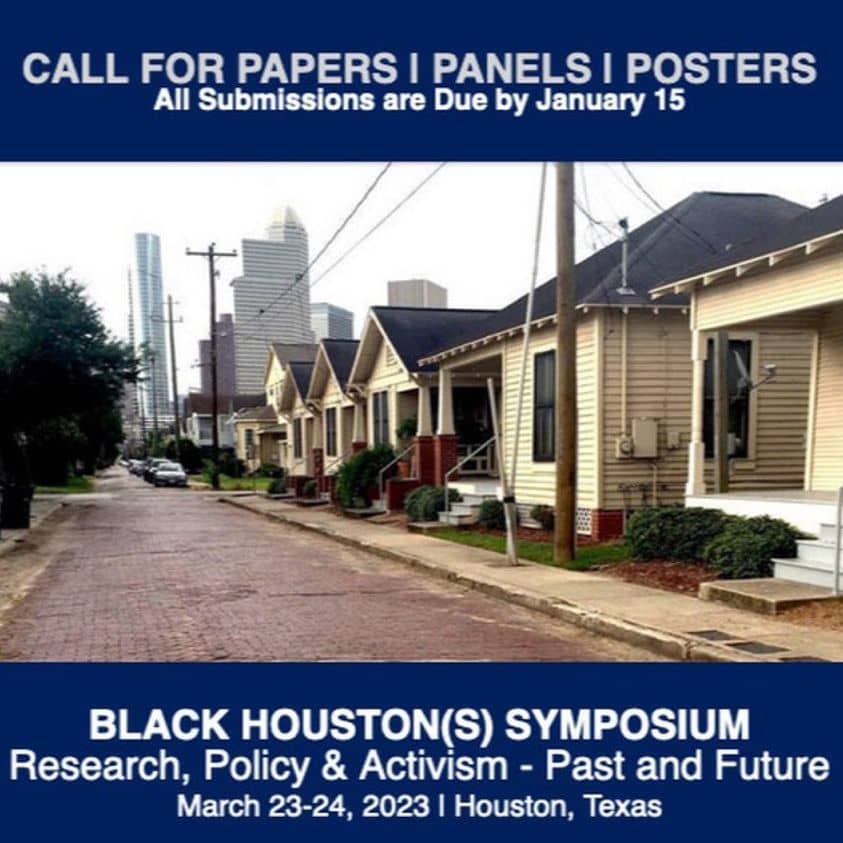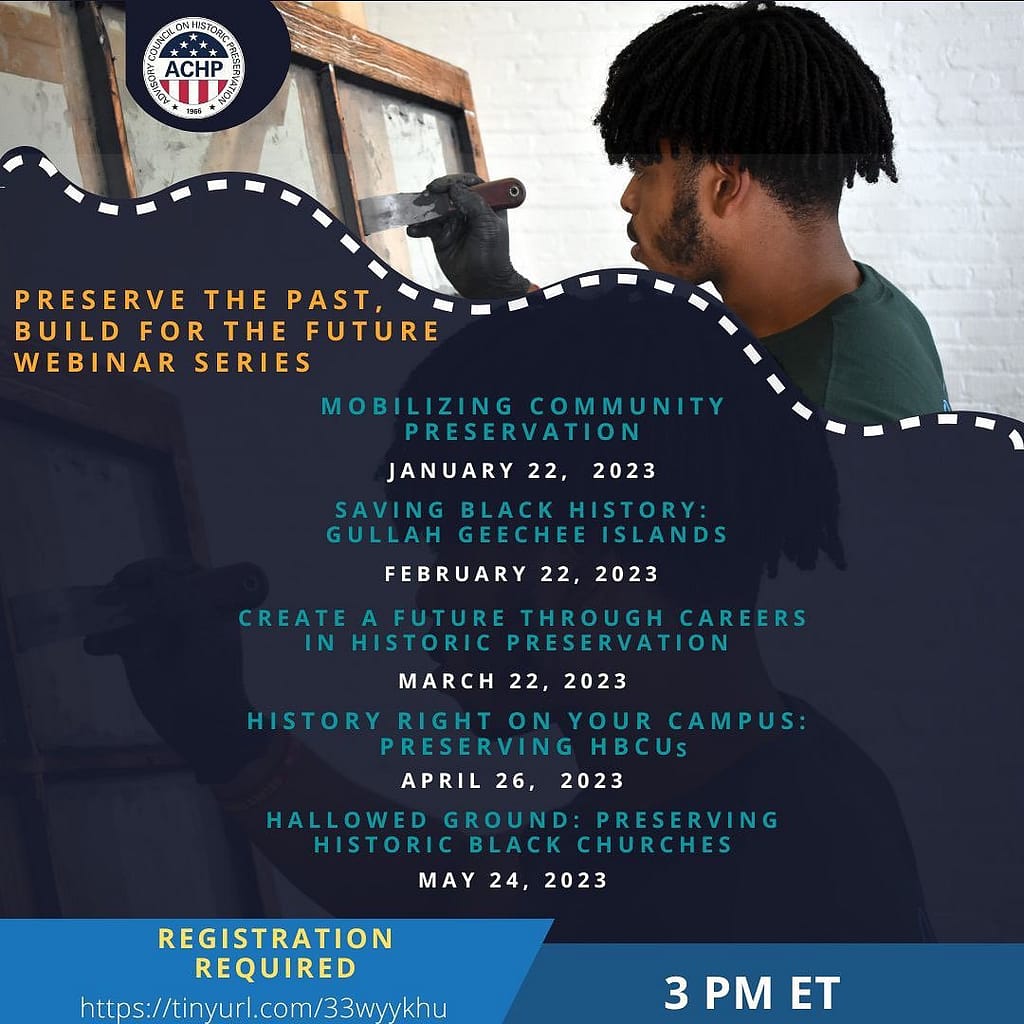
Black Houston Symposium
Clusters of agrarian, land-owning settlements or “Freedom Colonies” emerged from secluded areas (Leslie 2013; Baum 2009; Sitton and Conrad 2005). Freedom Colonies is a name coined by historians Sitton and Conrad in a book by the same name. However, they didn’t “discover” these places. Also known as Freedmen’s Towns, settlements, “my family place”, “where we go for homecoming”, Black settlements, or “the Black side of town”, these communities were unique in that they were founded by formerly enslaved Texans and trace their origins to between 1866-1930. These communities often share the same name as the cemeteries, churches, and schools in the area (Sitton and Conrad 2005; Crouch 2009). At one time, as many as 550+ settlements existed. Yes, 550+ in Texas alone.
You won’t find many of them on maps or in current census maps, but they live on in memory, church anniversaries, and family reunions. Nearly 150 years later, most settlements have lost population, and their landowners have lost property through auctions, partition sales, inability to pay taxes, or outright theft. A minority of Freedom Colony residents have retained land and continued to live within settlements for generations.

